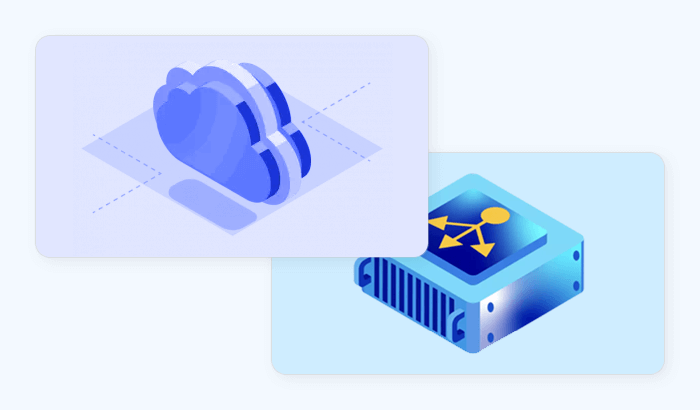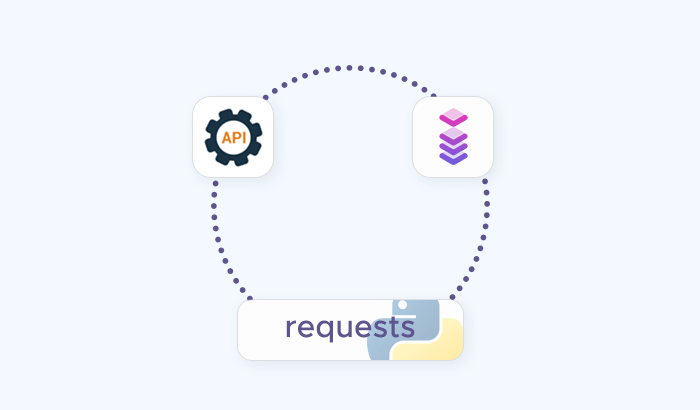

IP rotation proxy allows you to change your IP address periodically or randomly to access more data and content online, enhance your privacy and security, and avoid being blocked or detected by websites. In this article, you will learn how to rotate IP addresses, why you need it, how it works, and what are the benefits and challenges of using it. You will also learn about the different types of proxies that can help you rotate your IP address, such as different types of rotating proxies.
How Does IP Rotation Work?
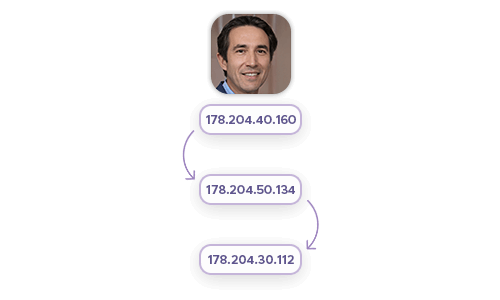
Here’s a step-by-step guide on how IP rotation software actually works:
Step 1: Choose a method. You can use a VPN, a proxy service, or your ISP to rotate your IP address. Each method has its own advantages and disadvantages, depending on your needs and goals. For example, a VPN can provide you with more security and anonymity, but it may also slow down your connection speed. A proxy rotator can offer you more flexibility and control, but it may also require more technical skills and resources. Your ISP can automatically rotate your IP, but it may also expose your online activity and location to third parties.
Step 2: Configure your settings. Depending on the method you choose, you may need to adjust some settings to enable rotation. For example, if you use a VPN, you may need to select a server location, an internet protocol, and a rotating IP feature. If you rotate proxies, you may need to select a type, a quality, and a quantity of IPs, as well as a rotation frequency or trigger. If you use your ISP, you may need to contact them and request a dynamic IP address instead of a static one.
Step 3: Connect to the internet with your new IP addresses. Once you have configured your proxy settings, you can connect to the internet with your new IP address. This will mask your real IP address and location from the websites you visit, as well as from your ISP and other third parties. You can also access geo-restricted or censored content by connecting to a server in a different country.
Step 4: Monitor your net performance. As you browse the internet with your new IP address, you may want to monitor your internet performance and check if it meets your expectations. You can use tools such as IP checkers, speed tests, and web analytics to measure your requests’ efficiency, accuracy, and quality. You can also check for any errors, captchas, or redirects.
Step 5: Adjust your settings if needed. For example, you may need to change your server location, your protocol, or your rotating IP feature if you use a VPN. You may need to change your type, your quality, or your quantity of IPs, as well as your rotation frequency or trigger if you use private proxies. You may need to contact your ISP and request a new IP address if you use your ISP.
Are rotating IPs better than static ones?

Rotating and static IP addresses are two types of proxy servers that can help you mask your real IP address and access more data and content online. However, they have different advantages and disadvantages depending on your needs and goals.
Rotating IPs are IP addresses that change constantly or randomly with each connection request to the target website. They are the ideal tool to scrape data, as they can bypass IP bans and captchas, and get you more accurate and diverse data from different sources. However, rotating IPs can also cause connection instability, slower performance, and higher cost, as they require more resources and maintenance.
Static IPs are IP addresses that remain fixed or constant with each request to the target website. They are suitable for any project that requires stable connection and great performance, as they have dedicated resources and low latency. They also tend to be low-priced and easy to use. However, static IPs can also increase the risk of receiving an IP ban, lower your anonymity, and limit your proxy server IPs compared to a pool of rotating IPs.
Why Rotate IP Addresses?
Proxy rotation has a rich variety of use cases:
1. Web Scraping
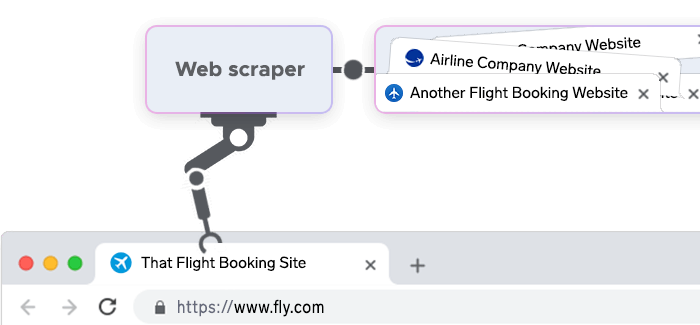
Web scraping is a process of extracting data or information from websites for various purposes, such as market research, price comparison, or content aggregation. Burst IP rotation is important for web scraping because it allows you to send more connection requests to the target website without being blocked or banned. It can also help you get more accurate and diverse data via different IP addresses.
2. Data Mining

Data mining is a process of discovering patterns, trends, or insights from large and complex data sets. Random IP rotation is important for data mining because it helps to prevent tracking and profiling of internet activities by constantly changing the digital fingerprint associated with a specific IP address. It can bypass certain restrictions or limitations web pages impose, such as anti-scraping measures or rate limits.
3. SEO Monitoring
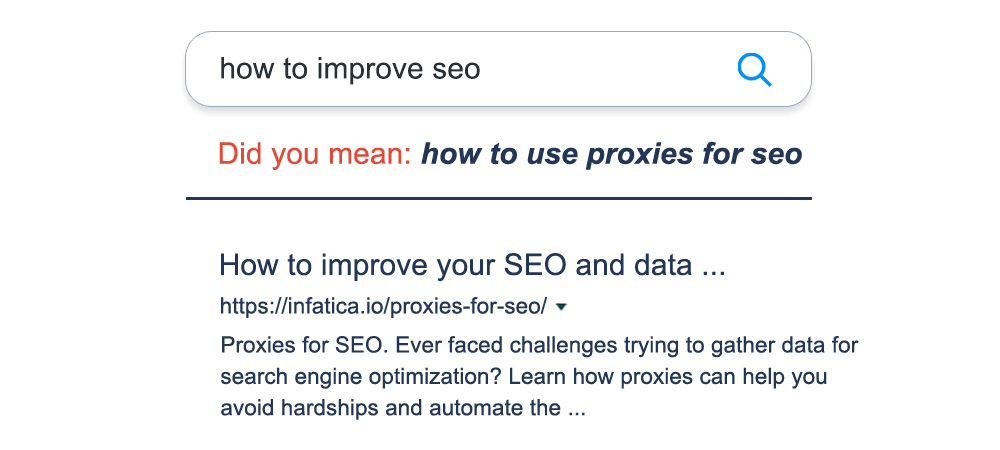
SEO monitoring is a process of tracking and analyzing the performance and ranking of a website on search engines. In SEO monitoring, rotating IPs enable you to check your check keyword rankings in various locales and countries without alerting competitors. They can also help you access geo-restricted or censored content by connecting to a server in a different country.
4. Security and Anonymity
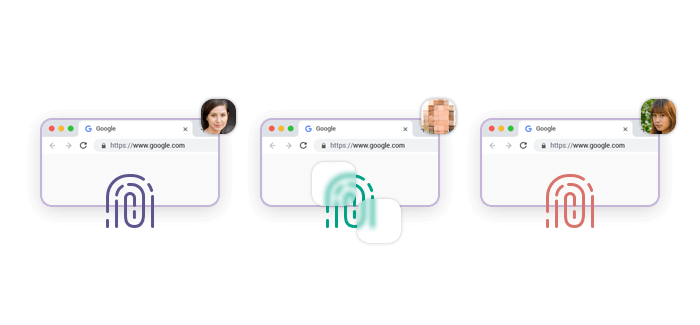
IP address rotation is important for security and anonymity because it masks the user's IP address and location from the websites, as well as from the ISP and other third parties. It can also help you bypass restrictions and censorship by connecting to a server in a different country.
5. Performance tracking
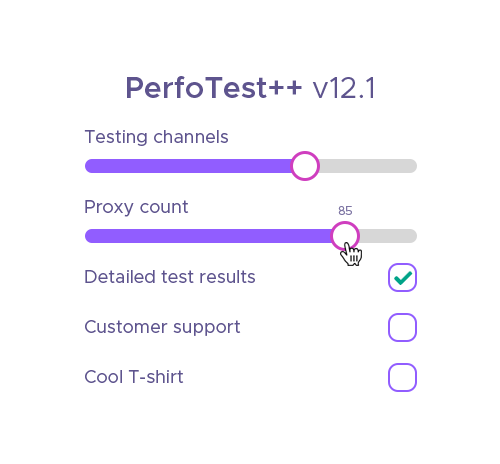
Performance tracking is a process of measuring and evaluating the results and outcomes of a project, activity, or process. Rotating IP addresses are important for performance tracking because they enhance the efficiency and accuracy of the data collection and analysis. They can also reduce the risk of IP blocking and ensure uninterrupted connectivity.
Benefits of Rotating IP Addresses

Some of the benefits of the IP rotation process are:
Overcoming challenges like bans and restrictions: Some websites impose rate limits or restrictions on the number of requests you can send from a single IP address. If you exceed these limits, you may get blocked or banned from accessing the website. Rotate IP addresses frequently or randomly – and make it harder for websites to track or identify you. It can also help you bypass geo-restrictions and censorship by connecting to a server in a different country.
Improving anonymity: Your IP address can reveal a lot of information about you, such as your location, device, browser, and online activity. This can compromise your privacy and security, as third parties, such as advertisers, government agencies, or hackers, can use your IP address to track or target you. Rotate IP address and improve your anonymity by masking your real IP address and making it harder for third parties to track or profile you. It can also help you access more diverse and accurate data and content online, as some websites may show different results based on your IP address.
Enhancing efficiency in web scraping: A rotating proxy can enhance the efficiency and quality of your web scraping projects by allowing you to send more requests to the target website without being blocked or banned. It can also help you get more accurate and diverse data from different sources, as some websites may show different results based on your IP address.
Methods used to rotate IP addresses
There are various methods you can use to rotate IP addresses – here are the easiest ones:
VPN
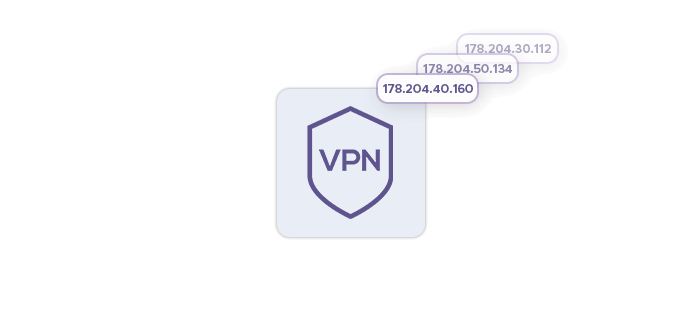
A VPN, or a virtual private network, is a service that encrypts and routes your internet traffic through a remote server. When you connect to a VPN, your IP address is replaced by the IP address of the VPN server. This way, you can hide your real IP address and location from the websites you visit, as well as from your ISP and other third parties. A VPN can also help you access geo-restricted or censored content by connecting to a server in a different country.
Some VPNs offer specific IP rotation, which means that your IP address changes every time you connect to the VPN or at set intervals. This makes it more difficult for websites to track your activity and identify you as a VPN user. Rotating IPs provide a higher level of security and privacy than the double-hop feature, which only routes your traffic through two servers.
Proxy
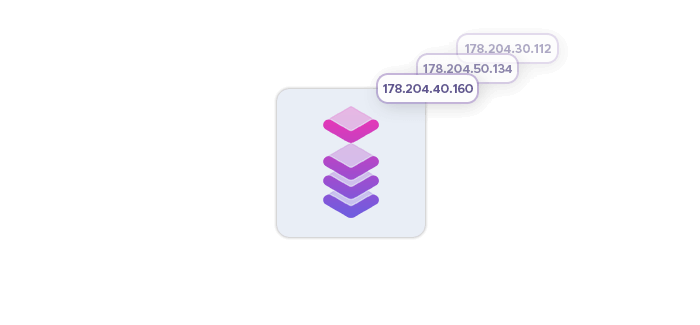
A proxy service, or a proxy server, is a service that acts as an intermediary between your device and the internet. When you use a proxy, your web requests are sent to the proxy server first, and then forwarded to the target website. The proxy server also sends the website's response back to you. This way, you can mask your actual IP address and location from the website, as well as from your ISP and other third parties. A proxy pool can also help you access geo-restricted or censored content by connecting to a server in a different country.
Some providers offer a rotating proxy service, which means that your IP address changes at scheduled intervals, after multiple requests, or randomly. This makes it more difficult for websites to block or detect your IP address, especially when you are performing tasks such as scraping web data.
ISP
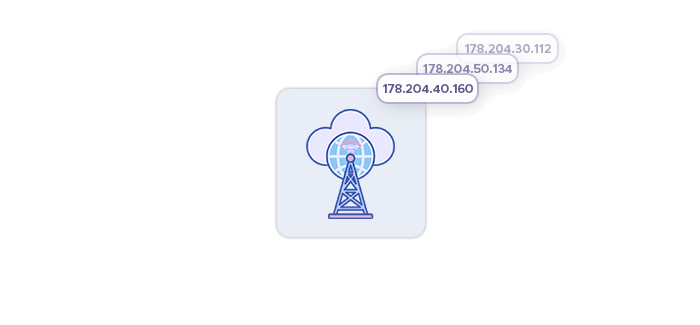
Your internet service provider assigns you an IP address when you connect to the internet, which is usually dynamic, meaning that it can change from time to time. However, you cannot control when or how often your IP address changes, as it depends on your ISP's policies and network conditions. Moreover, your ISP can still see your online activity and location, and may share it with third parties, such as advertisers, government agencies, or hackers.
Therefore, relying on your ISP is not a good idea, as it does not provide you with pre-configured IP rotation. If you want to rotate your IP address for any reason, you should use a VPN or a proxy service instead, as they can offer you more benefits and features.
Is IP rotation legal?
IP rotation services are entirely legal in most countries. No laws prevent the citizens from owning or using a rotating IP address to request a website using a different IP address than the IP address of their machine. However, the legality of this process may also depend on the purpose and the method of using it. For example, some websites may have terms of service that prohibit the use of proxies or VPNs to access their content. Some countries may also have laws that restrict the use of additional IPs for certain activities, such as bypassing censorship or accessing illegal content. Therefore, you should always check the local laws and regulations beforehand and consult a professional legal advisor if you have any doubts.
The main rotating proxy IP types
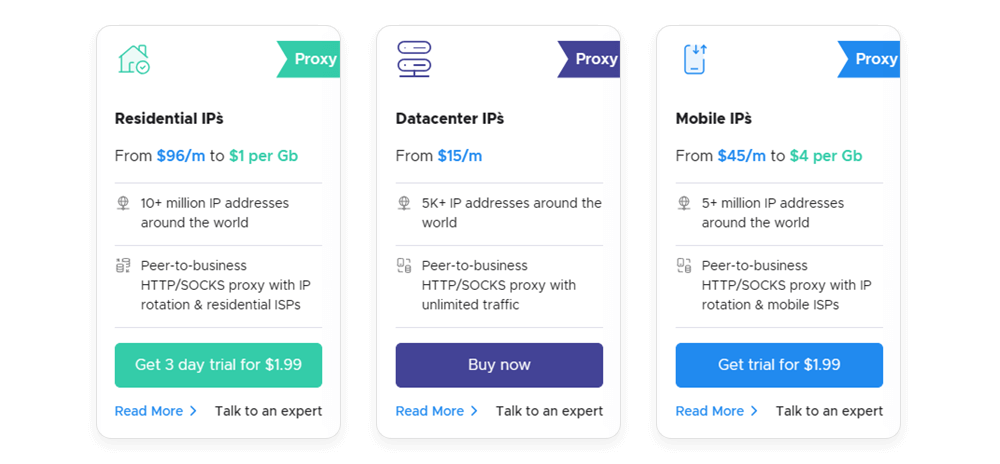
Datacenter rotating proxies use IP addresses from data centers, which are servers that host websites and other online services. This proxy type changes the IP address for each request or at regular intervals, making it harder for websites to track or block them. Datacenter proxies are fast, reliable, and affordable, but they are also more detectable and less diverse than other types of proxies. They are suitable for accessing non-complex websites that do not have strict anti-scraping measures or geo-restrictions.
Mobile rotating proxies use IP addresses from mobile devices and cellular networks. They change their IP address for each request or at random, making it almost impossible for websites to track or block them. Mobile rotating proxies can be on the more expensive side, but they are also a secure and authentic type of proxy servers. They are ideal for accessing mobile-only apps and platforms, testing mobile ads, analyzing mobile usage patterns, and bypassing geo-restrictions and censorship.
Rotating residential proxies are proxies that use IP addresses from real residential devices, such as computers, laptops, or smartphones. Residential rotating proxies change their IP address for each request or at random, making it difficult for websites to track or block them. Residential proxies are fast, stable, and diverse, but they are also more expensive and less controllable than other types of proxies. They are perfect for web scraping operations, data mining, SEO monitoring, security and anonymity, and performance tracking.
Final Words
An IP rotation service can help you overcome challenges like bans and restrictions, improve your anonymity, and enhance your efficiency in web scraping. However, it also has some drawbacks, such as connection instability, slower performance, and higher cost. Therefore, you should choose a method and a type of the rotating proxy servers that suits your needs and goals. You should also check the local laws and regulations before using random IP rotation and consult a professional legal advisor if you have any doubts.




